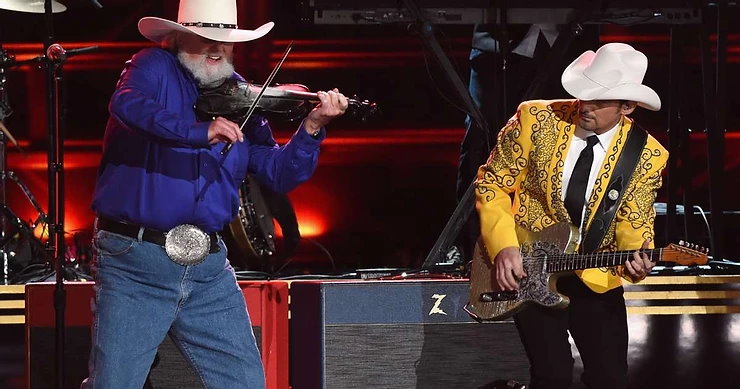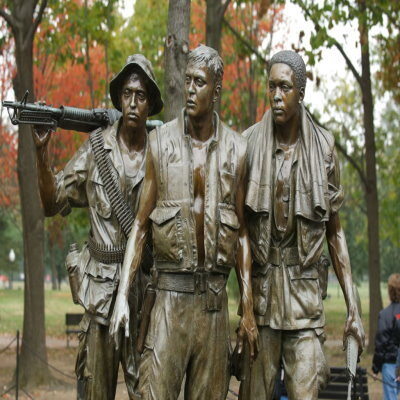
The Roanoke Times When the music legend Charlie Daniels passed away last week at age 83, every obituary mentioned his iconic song, “The Devil Went Down to Georgia.” Many mentioned some of his other songs, such as “Uneasy Rider” and “The South’s Gonna Do It” and “Long-Haired Country Boy.” Many also mentioned his early career session work for Bob Dylan — what a combination that must have been! — and his latter-day political activism for conservative causes. Not that many, though, mentioned the song that, based on chart position, was his second-biggest hit — and had a more enduring cultural impact than any of the others. We refer to “Still in Saigon,” Daniels’ tribute to a Vietnam vet with post-traumatic stress disorder, which came out in 1982 and peaked at No. 2 on the Billboard Mainstream Rock charts but apparently never made the country charts at all — a sign of how Daniels, like many Southern musicians, straddles a lot of different genres. The song was significant because it was one of the first big hits with a Vietnam vet as a sympathetic figure — and came after a long period in which the military, in general, had fallen into popular disfavor. It’s hard to trace cause-and-effect — sometimes great minds really do think alike — but “Still in Saigon” came before a flurry of other songs in the ’80s about Vietnam vets. Among those: Bruce Springsteen’s “Born in the USA,” Billy Joel’s “Goodnight Saigon,” Huey Lewis’ “Walking on a Thin Line” and, eventually, Steve Earle’s “Copperhead Road.” Rolling Stone magazine, to its credit, lists “Still in Saigon” as one of Daniels’ “10 definitive songs” and calls it “a stark, unflinching look at PTSD.” The song is notable because it’s the rare song that deals with a touchy social topic, yet manages to appeal to both ideological wings of a polarized nation (although we weren’t as polarized in 1982 as we are in 2020). Daniels’ conservatism was front-and-center in many of his songs — some even have been called jingoistic —but “Still in Saigon” was sometimes described as an “anti-war song.” Whether it’s really an anti-war song is a matter of some debate — technically it never addresses the rightness or wrongness of the Vietnam War, but simply looks at the effect it had on the Vietnam vet depicted in the song. You can infer from some of the lines the protagonist grew up in a conservative household — “I could have gone to Canada or I could have stayed in school / But I was brought up differently. I couldn’t break the rules.” Now, as Paul Harvey used to say, here’s the rest of the story. Daniels didn’t write the song, but he certainly made it his in popular culture. The song was written by Dan Daley, who often is described as a New York-based folk singer but who has written songs in lots of genres and gone on to a career as a record producer, music journalist and author (“Nashville’s Unwritten Rules: Inside the Business of Country Music”). Daley’s first song-writing hit was the disco-infused “This Could Be The Night,” which R.B. Hudmon recorded in 1977 and turned into a Top 10 song on the R&B charts that year. In 1981, Daley wrote “Still in Saigon.” The song was unusual for him, Daley told Song Facts a few years ago, because “in general my writing was not overtly political by any means.” This one, though, grew out of being a war movie buff. “I didn’t start out to write a song about Vietnam,’’ Daley once told The New York Times. “I started out trying to write a song about what combat must really feel like.” Article Credits: newsadvance.com








